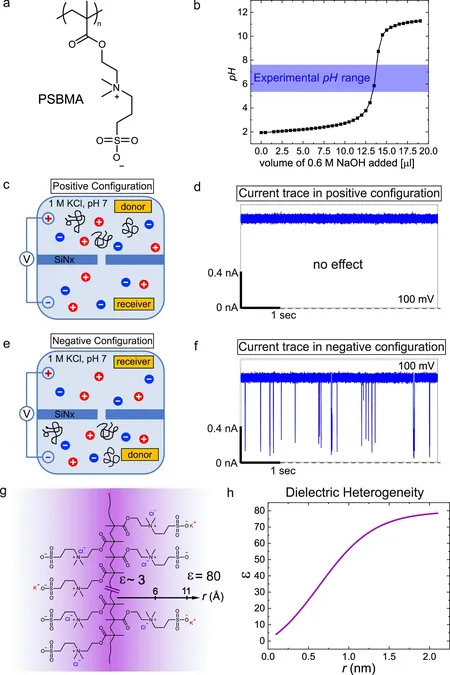
Honda Canada Stands Firm Amid Production Rumors: Doug Ford Backs Local Manufacturing
2025-04-15
Author: Amelia
In a surprising turn of events, Honda Canada has denied recent reports suggesting plans to shift production from its Canadian facilities to the United States. This announcement comes amid concerns raised by government officials and industry experts regarding the impact of new tariffs on the auto industry.
On Tuesday, Honda confirmed that its manufacturing plant in Alliston, Ontario, will continue to operate at full capacity without any immediate plans for relocation. A company spokesman, Ken Chiu, reassured that the production levels are expected to remain stable, defying speculation from the Nikkei financial publication that hinted at a significant move to redirect the CR-V and Civic production lines south of the border.
The concern stems from the hefty $4.6 billion annual tariffs imposed on vehicles imported into the U.S., a cost that increasingly strains Canadian manufacturers. Honda, like many others, had been able to import vehicles tariff-free until changes took effect on April 3.
Federal Industry Minister Anita Anand expressed confidence in Honda's commitment to its Canadian operations after discussions with company leadership, while Premier Doug Ford confirmed that Honda's plans would not hinder Canadian production despite plans to ramp up U.S. manufacturing. However, industry insiders warn that the new tariffs could force automakers to scale back operations and possibly lead to layoffs.
As the auto landscape evolves, other manufacturers are already feeling the pinch. Stellantis announced a temporary halt in production at its Windsor plant, while GM has also paused operations at its Ingersoll facility. In contrast, Toyota Canada maintains a steady course, promising no shifts in its production strategy.
Critics of the tariffs, including Prime Minister Mark Carney, argue that policies enacted by the U.S. could disrupt the intricate integration of the North American auto sector, predicted to create long-term challenges.
In light of these economic shifts, the Canadian government has proposed measures allowing producers who keep their production levels steady to import a limited number of U.S. assembled vehicles tariff-free.
Amid these ongoing discussions, Honda's commitment to invest $15 billion in electric vehicle infrastructure in Ontario remains a beacon of hope, particularly with plans for an electric vehicle battery plant alongside its Alliston facility.
As tensions surrounding tariffs and production locations escalate, the automotive industry stands at a crossroads. The future may depend not only on strategic decisions made by companies like Honda but also on political maneuvers and global economic conditions.









 Brasil (PT)
Brasil (PT)
 Canada (EN)
Canada (EN)
 Chile (ES)
Chile (ES)
 Česko (CS)
Česko (CS)
 대한민국 (KO)
대한민국 (KO)
 España (ES)
España (ES)
 France (FR)
France (FR)
 Hong Kong (EN)
Hong Kong (EN)
 Italia (IT)
Italia (IT)
 日本 (JA)
日本 (JA)
 Magyarország (HU)
Magyarország (HU)
 Norge (NO)
Norge (NO)
 Polska (PL)
Polska (PL)
 Schweiz (DE)
Schweiz (DE)
 Singapore (EN)
Singapore (EN)
 Sverige (SV)
Sverige (SV)
 Suomi (FI)
Suomi (FI)
 Türkiye (TR)
Türkiye (TR)
 الإمارات العربية المتحدة (AR)
الإمارات العربية المتحدة (AR)